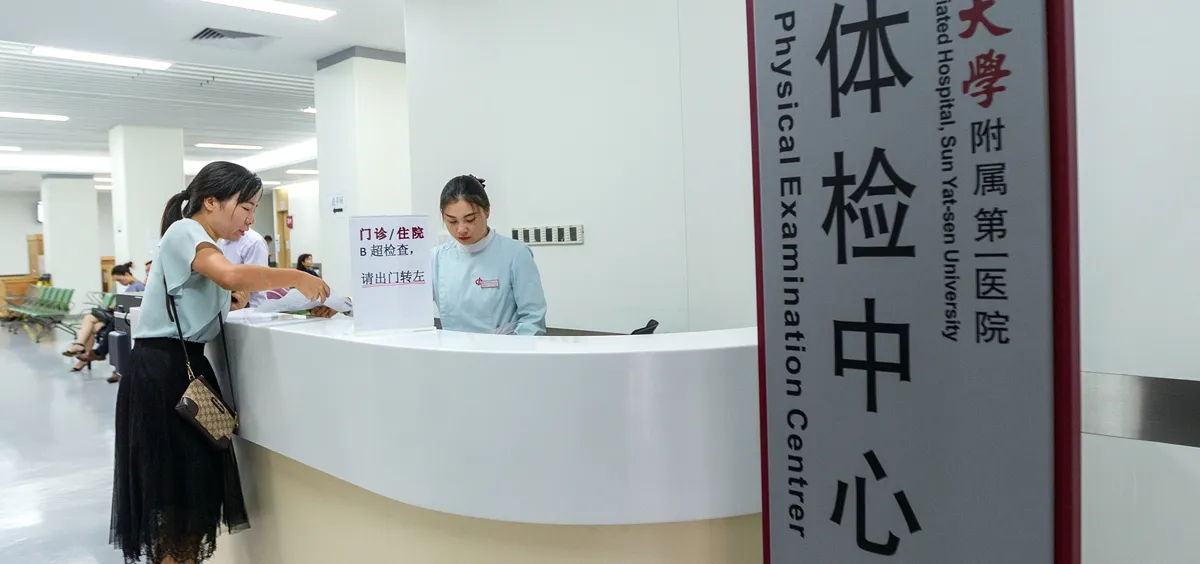Unmarried women face difficulty accessing gynecological exams
Chundao Zhanxue never imagined that she would spend three months looking for a hospital willing to perform a five-minute operation to remove cysts on her cervix. But when the third hospital she visited refused her without parental consent, she took to social media to vent frustration over her lack of autonomy over her body.
Chundao, who is only identified by her Weibo handle, had been turned away by five doctors who stated they could not perform the surgery because it would rupture her hymen, which is commonly believed to be a sign of lost virginity.
On Weibo, Chundao—who is a lesbian, and estranged from her parents after coming out—quoted a section of the hospital’s consent form that stated, “My parents/spouse/boyfriend know the risks of the operation,” and demanded, “How can some legally unrelated person like a boyfriend make decisions over a woman’s body parts, while she has no say herself?”
Many users told Chundao that they had the same experience. “Many hospitals do not allow unmarried women to undergo pelvic exams because doctors assume that unmarried women have no sexual experience, and the exam may damage the hymen, so I have to check ‘married’ under the marital status column every time,” one wrote.
Another user, who stated she was a gynecologist, wrote that hospitals often enforce such rules to avoid conflicts between doctors and patients, citing an example of parents who demanded compensation from her hospital for their daughter’s ruptured hymen after they performed an exam without parental consent. An article by Journalist Association of the Communication University of Zhejiang (CUZ) found a passage in a government-authorized obstetrics and gynecology textbook that asked doctors to make decisions on whether to proceed with invasive gynecological exams based on the patients’ sexual history.
A growing number of Chinese are becoming more accepting of premarital sex. Renowned sexologist Li Yinhe estimated that around 71 percent of people in China had pre-marital sexual relations as of 2013, compared to just 15 percent in 1989, and the rate could be closer to 80 or 90 percent for those born after the 80s.
Feminists and doctors have been working to dispel the myth that the hymen is related to virginity, as medical studies have found that sexual activities cause no identifiable changes to the hymen for many women, and that the tissue may be ruptured during strenuous physical exercise or injury. There is no medical test that states definitively whether a woman has had sex or not.
Nevertheless, archaic attitudes toward sex and promiscuity are difficult to change. Questions on premarital sex attracted countless heated debates on Chinese question forum Zhihu, with most male-identifying users praising “pure” women and stating they would never marry women who were not virgins. Hymen repair surgery, which was introduced to China in the 1990s, continues to be available at major hospitals around the country.
Social media influencers and public health accounts have rallied to support Chundao. “Backward notions about traditional purity are being used by doctors to ‘morally kidnap’ [patients], making it difficult for women to obtain medical procedures,” stated the article by the Journalist Association of CUZ.
Dingxiang Yisheng, an influential e-medicine account, was more blunt. “Medically, there is no difference between the hymen and any other vaginal tissue,” it wrote on Weibo. “And moreover, having sexual experience means nothing.”
The Virginity Complex is a story from our issue, “Rural Rising.” To read the entire issue, become a subscriber and receive the full magazine. Alternatively, you can purchase the digital version from the App Store.














